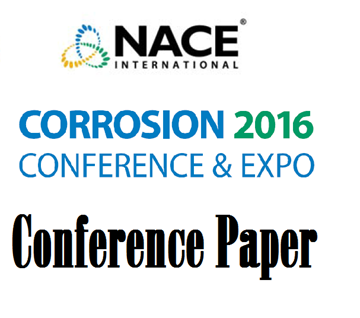Search
09147 Special Issues Related to Direct Assessment
Also Purchased
11126 Direct Assessment Pipeline Integrity Management
Product Number:
51300-11126-SG
ISBN:
2011 11126 CP
Publication Date:
2011
$20.00
03191 Pipeline Integrity & Direct Assessment
Product Number:
51300-03191-SG
ISBN:
03191 2003 CP
$20.00
51316-7092-Internal Corrosion Direct Assessment For Offshore Pipelines
Product Number:
51316-7092-SG
ISBN:
7092 2016 CP
Publication Date:
2016
$20.00
Recently viewed




